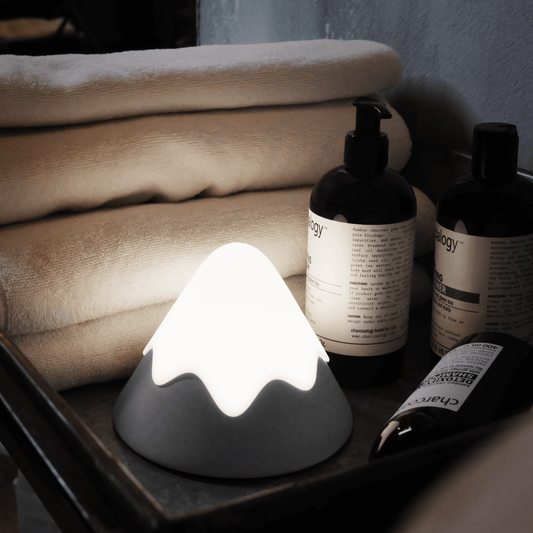It sometimes feels like everyone knows that stress can impact our sleep. But did you know that the relationship between sleep and stress goes both ways? That's right—stress can both cause and worsen sleep problems aswell as stress causing a lack of sleep. In this post, we'll explore the latest scientific research on stress and sleep, as well as offer some practical tips for getting a good night's rest when you're feeling stressed out.

How Does Stress Affect Sleep?
There are many ways in which stress can impact our sleep. For one, stress can make it harder to fall asleep in the first place. When we're stressed, our minds are racing and it's difficult to quiet our thoughts enough to drift off into slumber. Once we're actually asleep, stress can also cause us to wake up more frequently throughout the night. And even if we manage to get a full eight hours of shut-eye, we may not feel well-rested when we wake up if we've been stressed out prior to falling asleep. This is because stress hormones like cortisol can interfere with our body's natural sleep cycles.
How Does Stress Impact Our Sleep?
When we're stressed, our bodies go into "fight or flight" mode. This means that our sympathetic nervous system is activated, resulting in a release of stress hormones like adrenaline and cortisol. These hormones can make it difficult to fall asleep and stay asleep throughout the night. In addition, stress can lead to changes in our breathing patterns and an increase in body temperature, both of which can make it harder to snooze.
So how do we know if our sleep problems are caused by stress?
One way is to keep a diary of your sleep habits and see if there is a correlation between periods of high stress and periods of poor sleep. If you notice a pattern, then it's likely that your sleep issues are at least partially due to stress. You can also ask yourself how you feel after a good night's sleep versus a bad night's sleep. If you find that you generally feel more rested after nights when you've been able to relax before bedtime, then again, it's likely that stress is playing a role in your sleep difficulties.
What do Scientists Say about Stress and Sleep?
There is plenty of scientific evidence to support the idea that stress can adversely affect our sleep patterns. One study published in the Journal of Clinical Psychiatry found that people who were experiencing high levels of stress were more likely to have difficulty falling asleep and staying asleep than those who were not under stress. Another study, this one published in the journal Sleep Medicine, found that people with post-traumatic stress disorder (PTSD) were more likely to experience insomnia than those without PTSD. And yet another study, published in Biological Psychiatry, found that people with generalised anxiety disorder were more likely than those without anxiety disorders to have trouble falling asleep and staying asleep as well as other types of sleeping problems such as nightmares and restless leg syndrome.
Clearly, there is a strong link between stress and impaired sleep quality.
What do Medical Professionals Recommend?
If you're struggling with sleep issues due to stress, there are some things you can do to improve your situation.
First of all, it's important to practice good sleep hygiene—that is, establish healthy habits around bedtime that will help promote relaxation and sound slumber.
- Try some relaxation techniques such as breathing exercises or meditation before bedtime
- Take a bath before bedtime or some light yoga
- Try to listen some relaxing music
- Create a relaxing sleep environment
We have collated the ultimate sleep checklist for you to go through so you can know you have really tried everything.
Finally, keep in mind that although occasional sleepless nights are normal, chronic insomnia could be indicative of a bigger problem such as depression or an anxiety disorder—so don't hesitate to reach out for help if you think your situation might warrant professional intervention.
Sleep is essential for our overall health and well-being, but it can be elusive when we're feeling stressed out. In this blog post, we've explored the latest scientific research on the relationship between stress and sleep, as well as offered some practical tips for getting a good night's rest when life has got us feeling frazzled. So next time you're lying awake at 3am staring at the ceiling, remember that you're not alone—and take heart in knowing that there are things you can do to help yourself get some much-needed shut-eye!




















